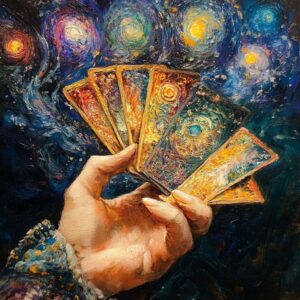
Tarot and shamanism are ancient practices that provide profound pathways to connect with the unseen world, especially with spirit guides. Tarot serves as a symbolic map of the soul’s journey, while shamanism opens channels to the spiritual realm through trance states, rituals, and ceremonies. Together, they form a powerful alliance, enabling seekers to access spiritual guidance, deepen their intuition, and explore the wisdom of the universe.
Tarot is a divination tool comprising 78 cards, each holding symbolic meanings that guide personal insight and self-reflection. The cards act as a mirror, reflecting the querent’s inner world and offering intuitive messages from the universe. Whether drawing on the archetypes of the Major Arcana or the elemental energies of the Minor Arcana, tarot offers a gateway to spiritual wisdom.
Shamanism is a spiritual practice rooted in ancient traditions, emphasizing a deep connection with nature, spirits, and the unseen world. Shamans act as intermediaries between the physical and spiritual realms, often accessing altered states of consciousness through drumming, chanting, or meditation. They connect with spirit guides, ancestors, and power animals to seek healing, guidance, and knowledge.
While tarot relies on symbols and archetypes, shamanism taps into the spiritual energies behind these symbols. When combined, these practices allow for a multidimensional exploration of the self and the spiritual world. Tarot can provide a structured framework for shamanic journeys, while shamanism enriches tarot readings with intuitive and energetic depth.
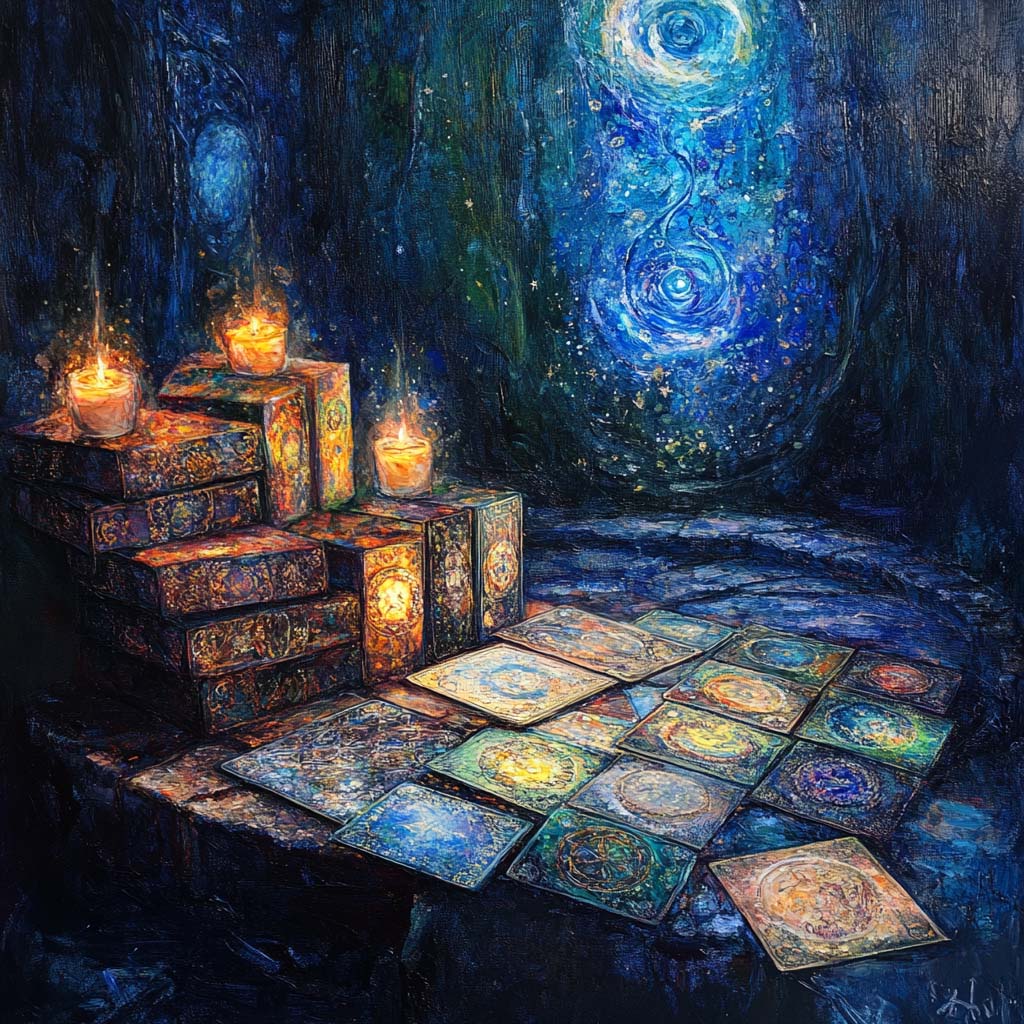
Tarot and shamanism both emphasize the importance of the elements—earth, water, fire, and air—as foundational forces in spiritual practice. In tarot, these elements are represented by the four suits: Pentacles (earth), Cups (water), Wands (fire), and Swords (air). Shamans often invoke the elements during rituals to create balance and harmony. By combining these traditions, practitioners can deepen their connection to the elements. For example, a tarot reading focused on emotional healing might incorporate a water ritual, such as meditating near a river or using a bowl of water as a focal point for the reading. This integration enhances the intuitive messages of tarot while grounding them in the natural world.
Both tarot and shamanism heavily rely on intuition as a guiding force. Intuition allows practitioners to interpret tarot’s symbols and to navigate the spiritual realms accessed through shamanic journeys. Strengthening intuition is a shared goal in these practices, often achieved through meditation, mindfulness, and reflective exercises. Tarot encourages the intuitive mind by asking open-ended questions and exploring card imagery, while shamanism cultivates intuition through direct interaction with spirit guides and natural energies. Together, these practices create a feedback loop of intuitive growth, where tarot’s insights inform shamanic work and vice versa.
Ancestral connection is a core aspect of shamanism and can be integrated into tarot readings for profound insights. Many tarot spreads can be adapted to explore ancestral guidance, using cards to represent specific family members or generational themes. The Ten of Pentacles, for example, symbolizes legacy and the wisdom passed down through family lines. Shamans honor their ancestors through rituals, offerings, and ceremonies, creating a sacred dialogue between the past and present. Combining this approach with tarot readings allows practitioners to seek clarity on generational patterns, heal ancestral wounds, and draw strength from their lineage.
These additional layers of exploration further demonstrate the powerful synergy between tarot and shamanism, offering practitioners deeper spiritual insight and tools for transformation.
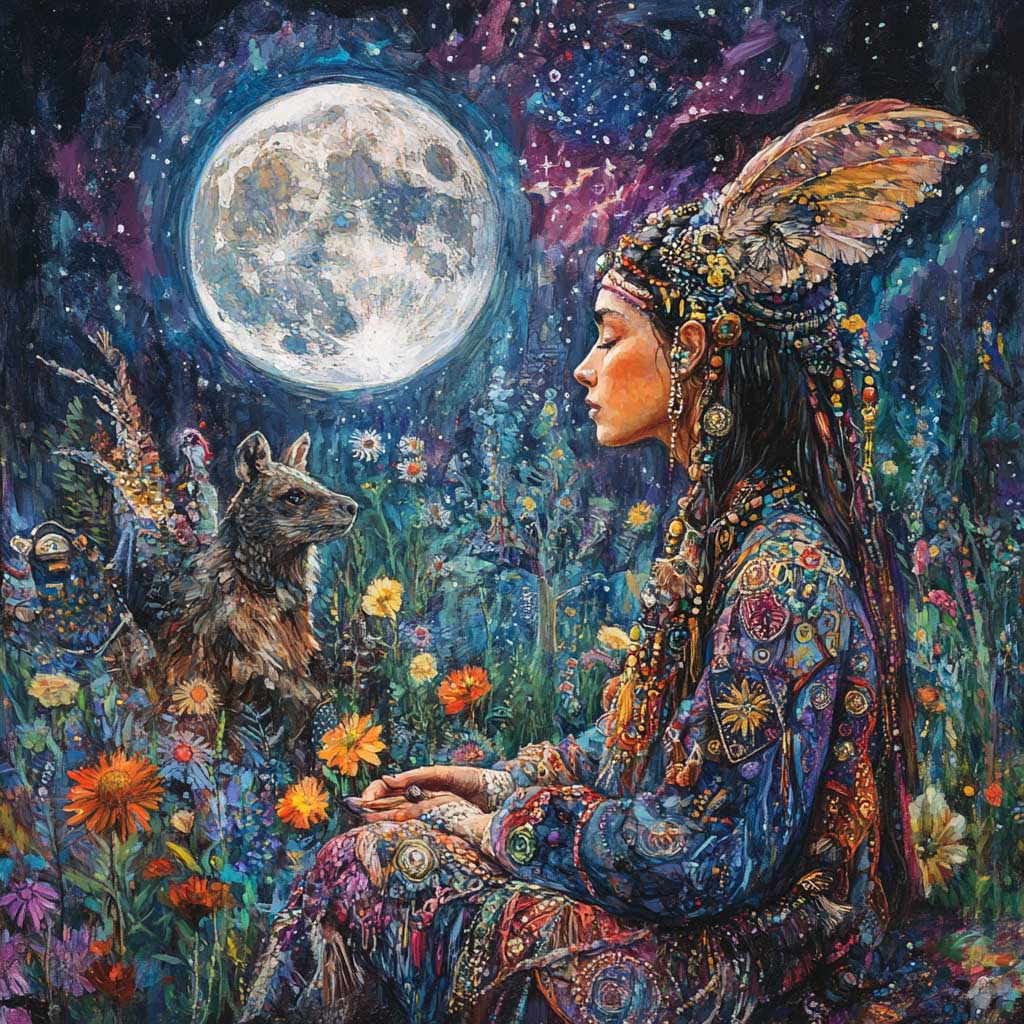
Tarot cards can reveal the presence and messages of spirit guides. Specific cards, such as:
By meditating on these cards or using spreads designed for spirit guide communication, seekers can establish deeper connections with their spiritual allies.
Using tarot spreads tailored for spirit guide connections can enhance communication:
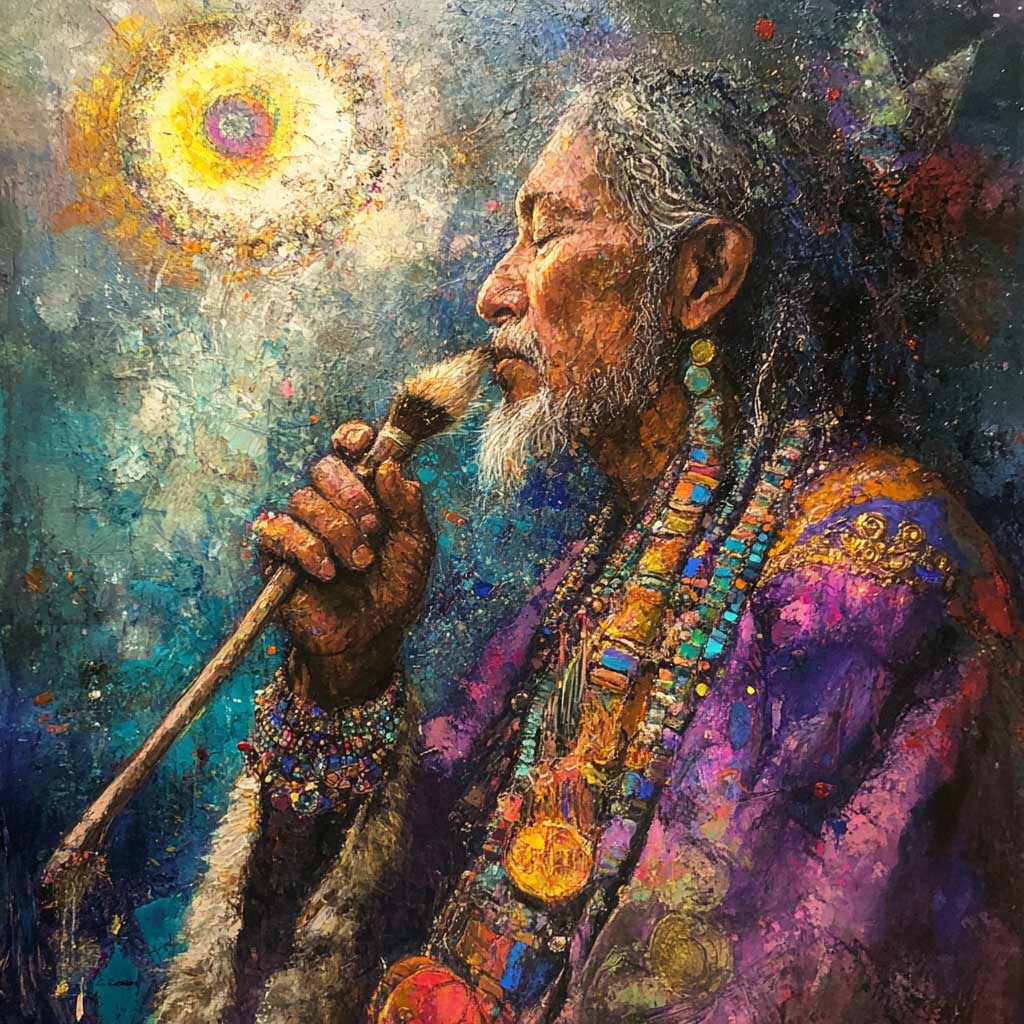
Incorporating shamanic rituals into tarot readings enhances their depth and clarity. Before drawing cards, create a sacred space by:
Shamans use journeying to access the spiritual realm, and tarot can be an anchor for these journeys. For example:
Spirit guides come in many forms, each offering unique wisdom and energy. Tarot can help identify and work with these guides:
Once spirit guides deliver their messages through tarot, it is essential to integrate these insights into daily life. Use journaling, rituals, or affirmations to honor their guidance and strengthen the connection.
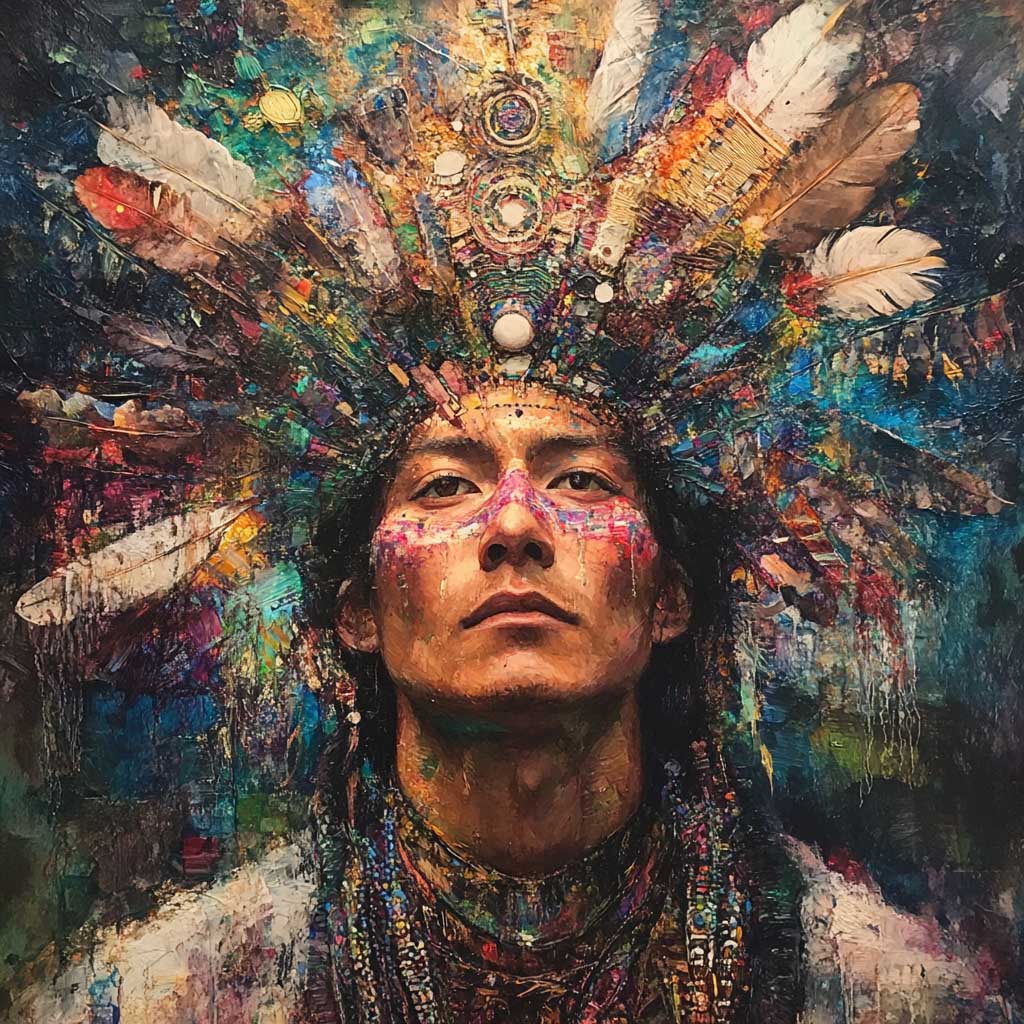
Both tarot and shamanism facilitate shadow work, helping seekers confront and heal hidden aspects of themselves. Cards like the Devil or the Tower can serve as entry points for shadow work, while spirit guides offer protection and insight during this transformative process.
By combining tarot and shamanism, seekers can access deep empowerment. The Magician card, for instance, reminds practitioners of their ability to manifest intentions, while shamanic practices provide the energetic tools to make these manifestations a reality.
Working with spirit guides through tarot and shamanism creates a harmonious balance between the physical and spiritual worlds. This alignment fosters a sense of peace, purpose, and connection with the greater universe.
Tarot and shamanism offer complementary pathways to spiritual exploration and self-discovery. Together, they empower seekers to connect with spirit guides, access profound wisdom, and navigate life’s challenges with clarity and purpose. By blending tarot’s symbolic depth with shamanism’s energetic practices, you can create a transformative spiritual practice that aligns with the rhythms of the universe and the guidance of the unseen world.

Orit Raphael, Tarot Reader for Personal Guidance, Insights, and Messages